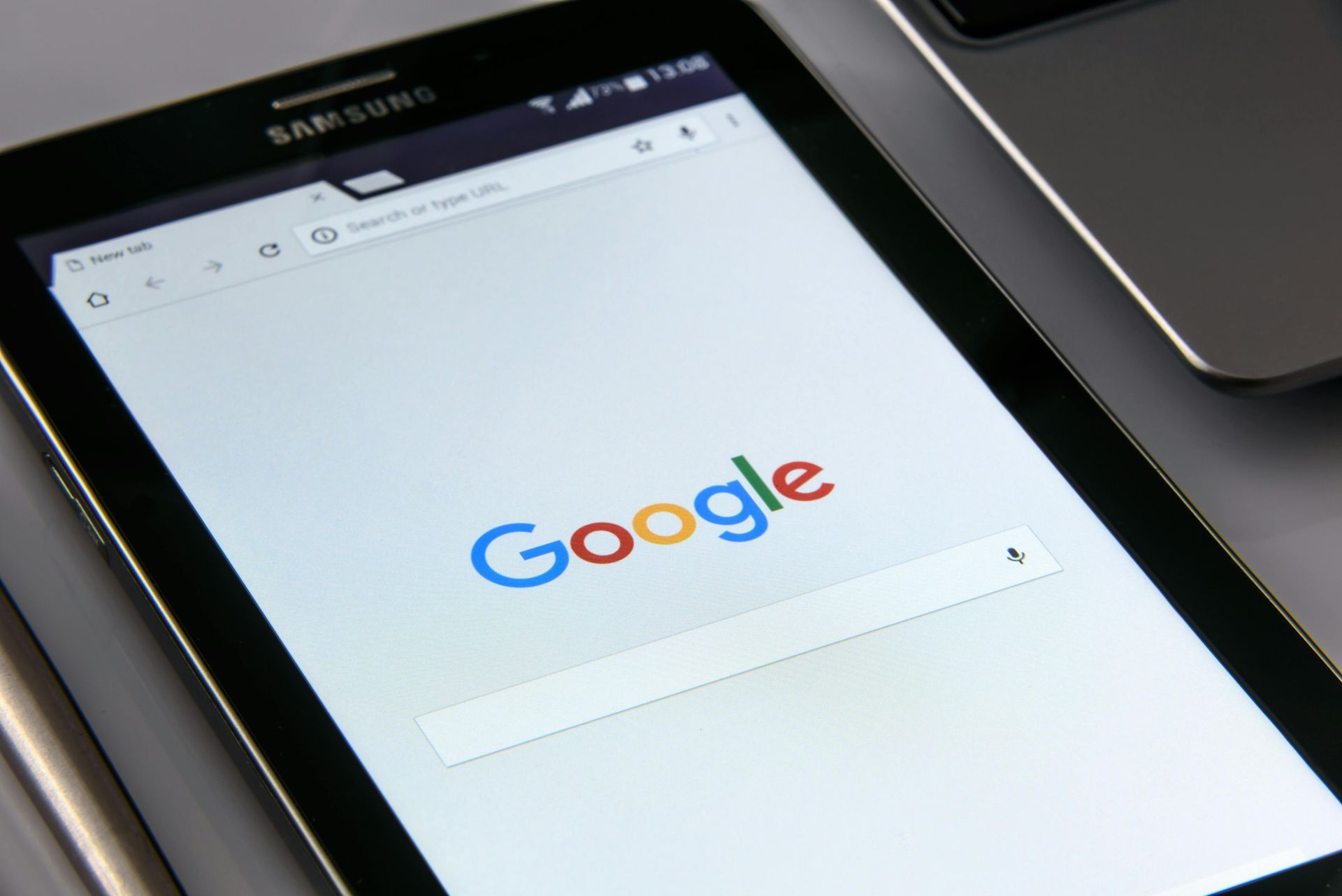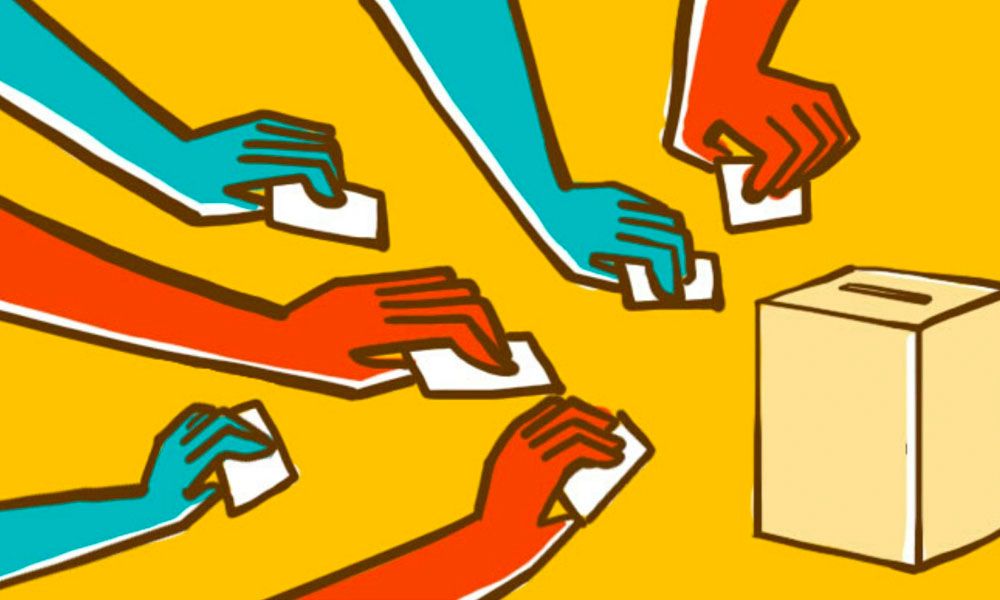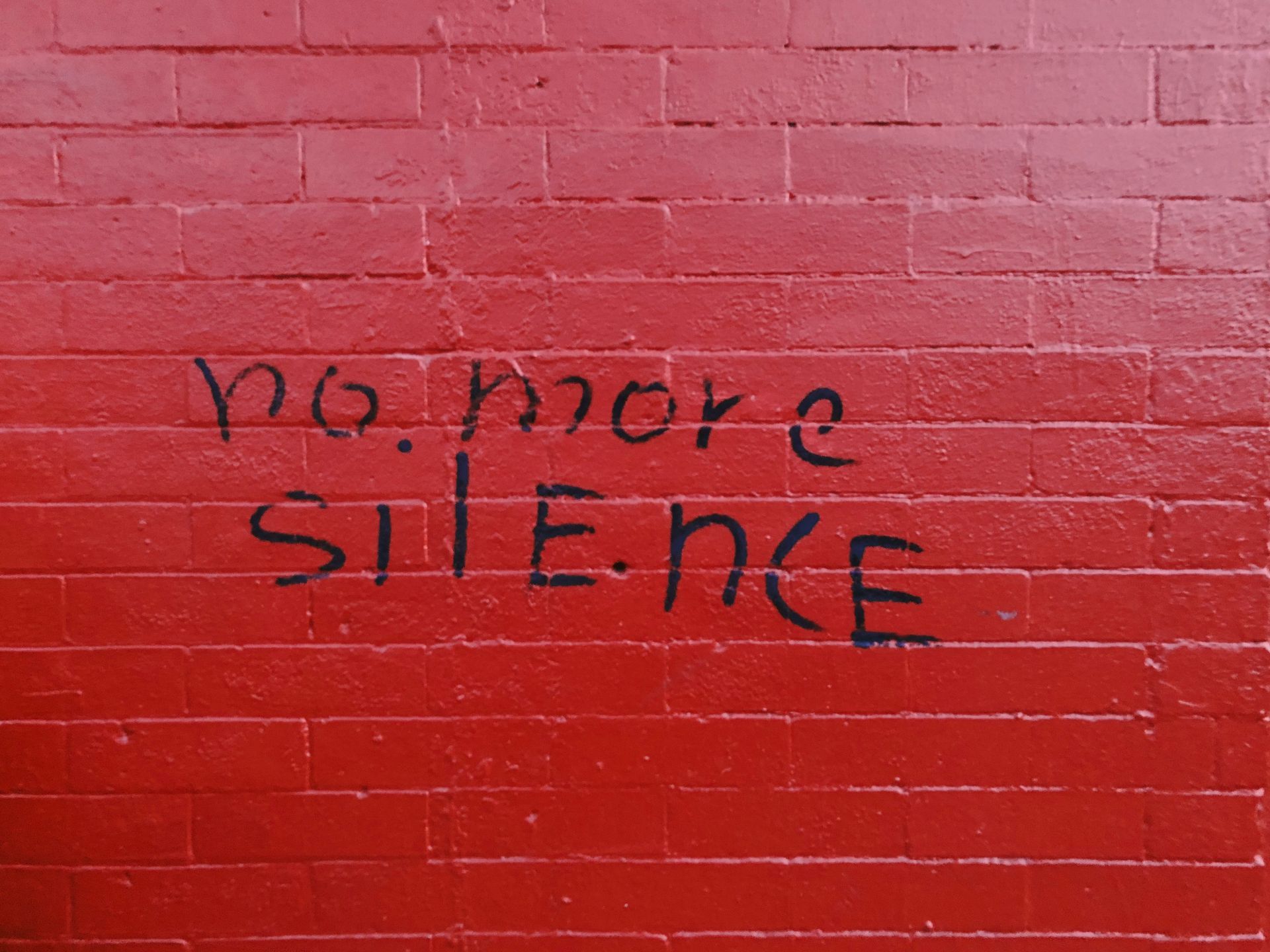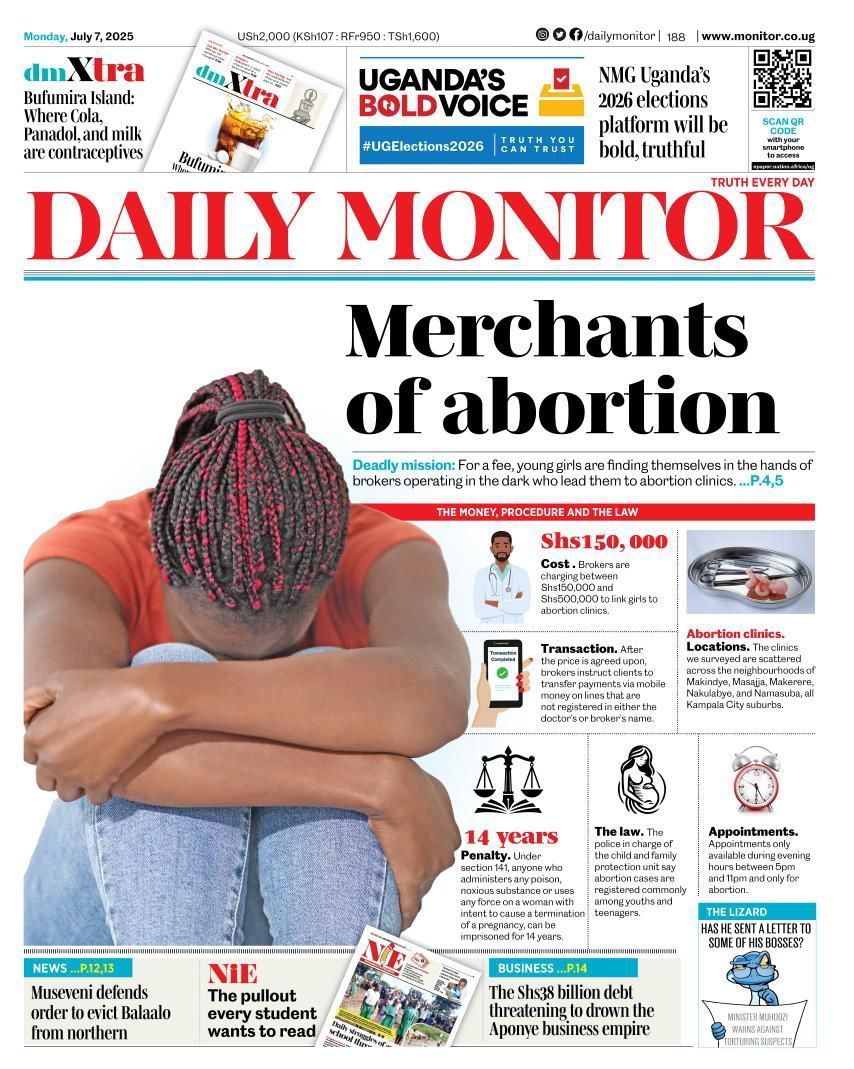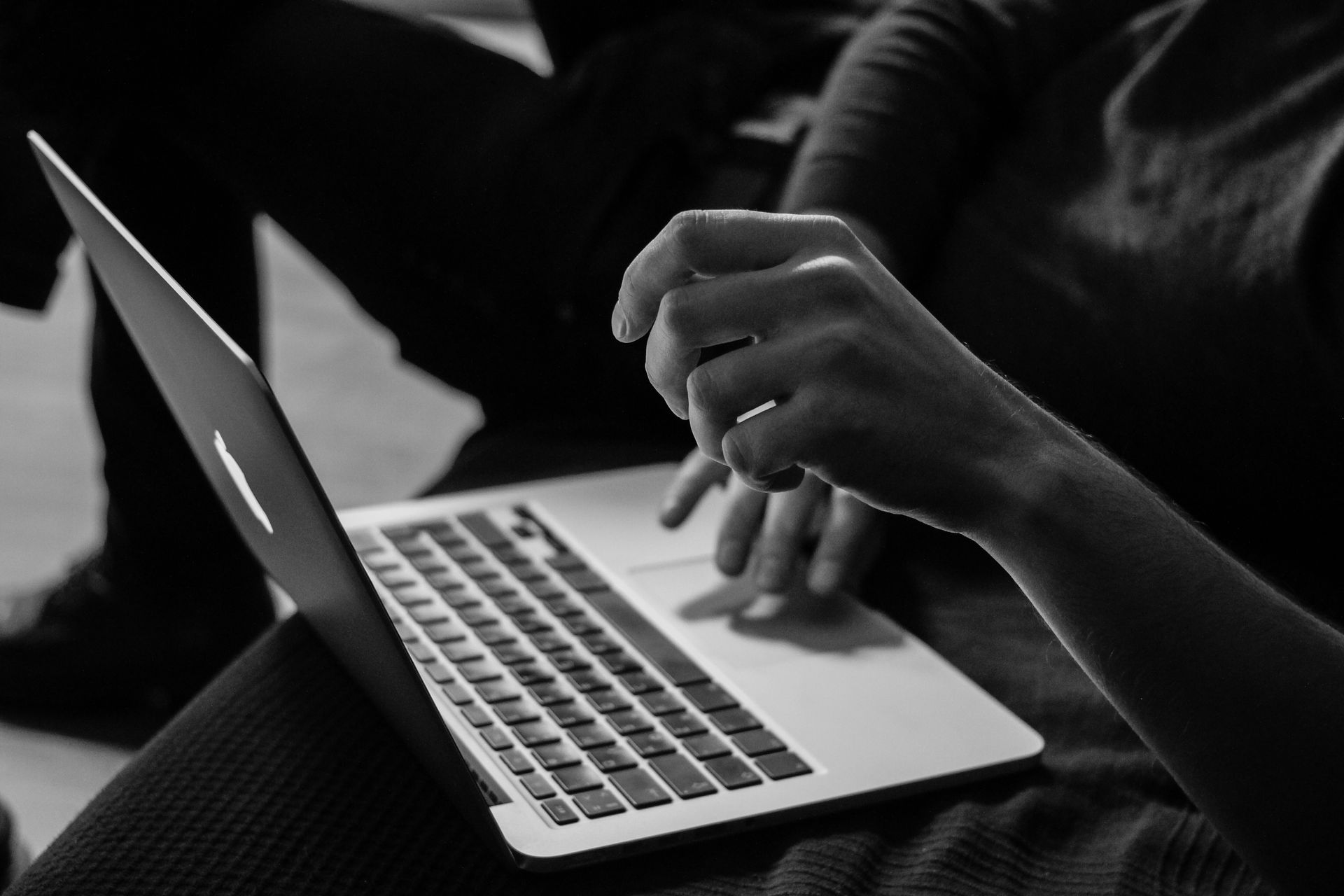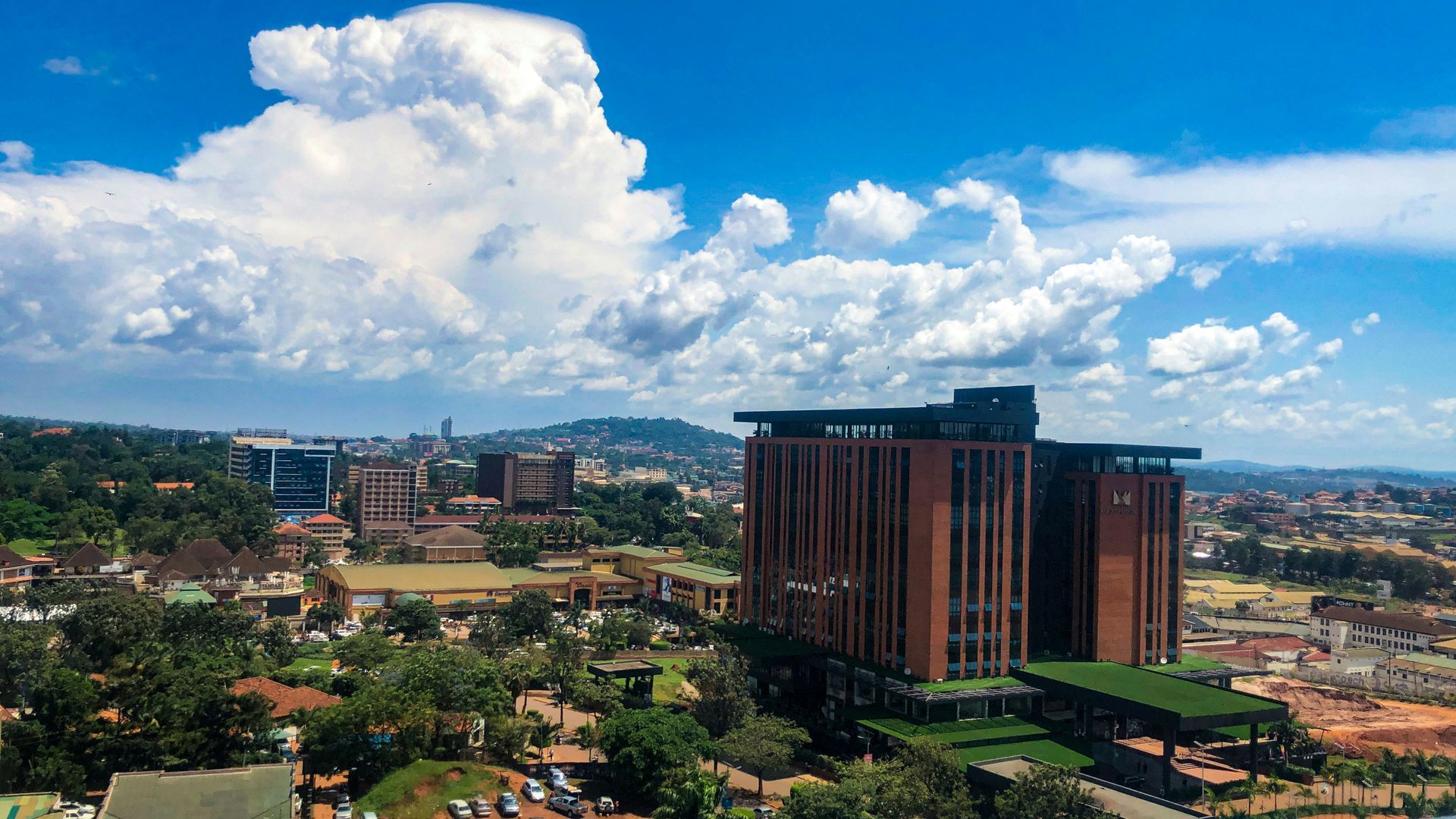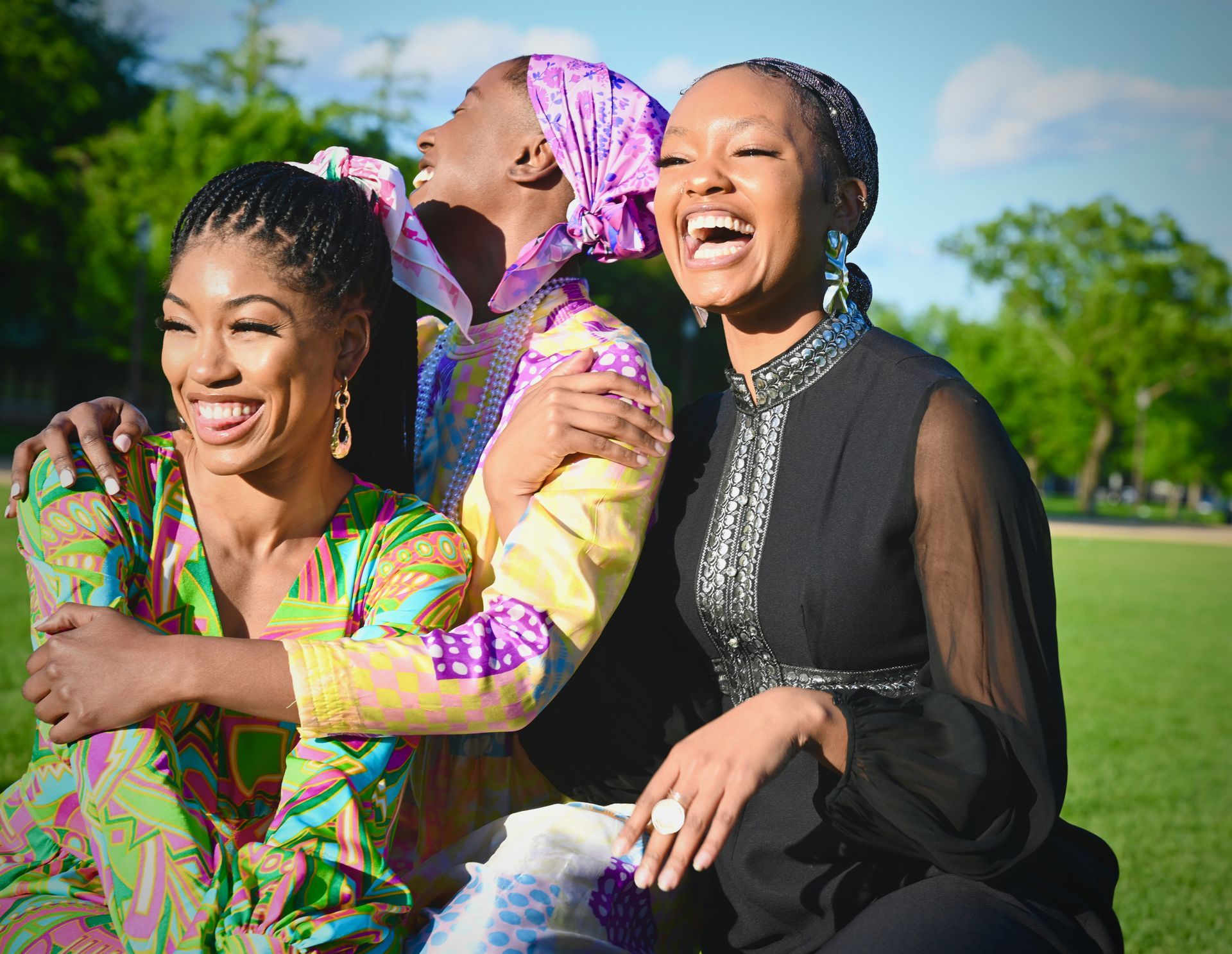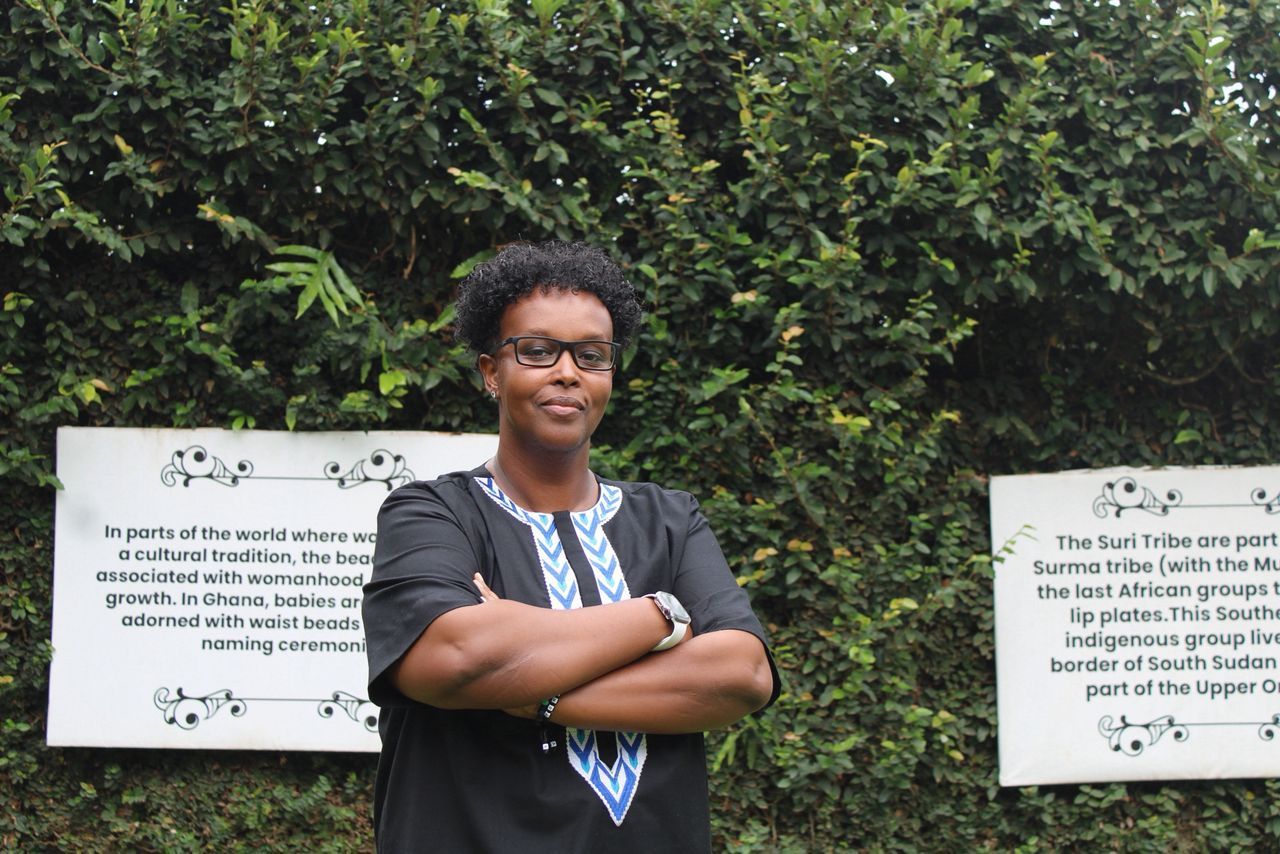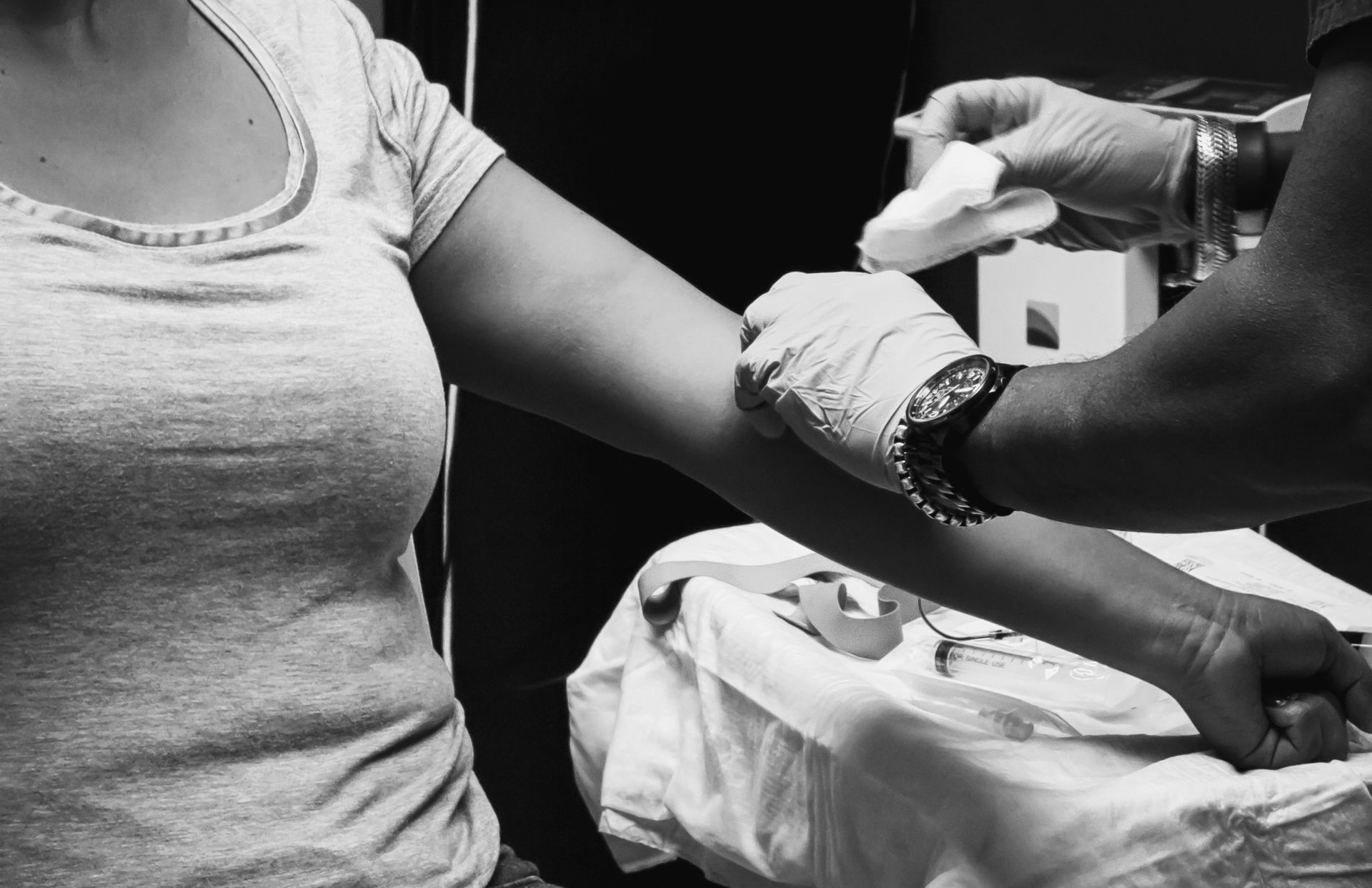When It First Came: Five Voices on Period Beginnings
Periods are not shameful. They are not dirty, impure, or something to hide.
And yet, for generations, we’ve been told otherwise. We’ve been taught to whisper, to conceal pads like contraband, to carry the weight of stigma in silence. That silence is not accidental, but a product of systems that have ignored, controlled, and shamed the bodies of women, girls, and people who menstruate at the cost of our dignity, health, education, and sense of self.
At Femme Forte, we believe in breaking that silence. We believe that storytelling is a form of resistance. That saying this happened to me is both personal and political. That speaking openly about our first bleeds; the confusion, the fear, the pride, and the pain is a radical act.
Every time we share our period stories without shame, we reclaim power. We tear down the walls of taboo. We remind the world that our bodies are not problems to fix, but lives to honor.
Story 1: A Quiet Warning, A Loud Awakening
I was 15 years old when I got my first period. It came suddenly, without warning, and turned an ordinary day into one I will never forget. I remember sitting in class, feeling a strange discomfort. When I went to the toilet and saw the blood, my heart dropped. Panic washed over me. I was scared, confused, and overwhelmed. I knew this day would come, but I was not prepared for that moment.
In my home, periods were not openly talked about. My mum had once sat me down and said, “When you see your period, it means your body is ready. If you have sex now, you will get pregnant.” That sentence stayed with me. It felt like both a warning and a weight.
When my period came, it didn’t feel like just a physical change. It felt like something deeper. I didn’t feel like a child anymore. I didn’t tell anyone at first. I was embarrassed and unsure. Was this normal? Was it too early? Too late? I didn’t know what to think.
Eventually, I told my mum. She nodded and reminded me again to be careful. Her words were filled with love, but also a quiet fear. It was the kind of fear passed down from mother to daughter, generation to generation. It was about protection, but also about the unknowns of growing up as a girl.
Looking back now, I wish I had prepared more. I wish we had talked more openly. My period was not something to fear. It meant I was healthy, human, and growing into a new stage of life. That day at 15 was the beginning of a journey. It started in fear, but over time, I replaced that fear with pride and strength.
Story 2: A Rumor That Stung Deeper Than Cramps
I got my first period when I was in Senior Two. It was a deeply traumatizing experience. I noticed blood while cleaning myself in the morning. Scared and confused, I couldn’t tell anyone. I had no access to sanitary pads, so I used toilet paper. I stayed out of class for three days, hiding in the toilet, trying to manage heavy bleeding and painful cramps.
Eventually, I went to the school nurse. She treated me and told me it was a normal part of growing up. I started to feel a little safer. But then, everything changed again.
Rumors spread around school that I had an abortion. I didn’t even understand what that meant. I had never been sexually active. The shame and confusion were unbearable. I felt exposed and judged. I hated that school so much that I asked my parents to transfer me. And they did.
All I needed was information, support, and privacy. Instead, I got silence, shame, and false rumors. That first period left a scar that stayed with me for years.
Story 3: A Piece of Cloth and a Lesson in Silence
I was raised by a single mother. She worked long hours and was often gone early in the morning and back late at night. I got my first period at 11 years old, in Primary Five. My mother wasn’t home. I was with my sister, who was just a bit older than me.
When I started bleeding, my sister gave me a piece of cloth. We didn’t have any pads. I was scared, but also lucky to have seen her use sanitary products before. She had explained a few things to me. School had also taught us a little about body changes. So, I understood what was happening, but I didn’t expect it to feel so painful or so emotional.
When my mum came back, I told her. She didn’t say much. She sent my sister to buy pads and told me to stay clean and not stain my dress. She didn’t ask me how I felt. She didn’t hug me. I was left with so many questions. What were those clots? Why was the flow heavy some days and light on others? No one told me.
Over time, I learned more from my sister and friends. She was the one who taught me to use painkillers. I became so afraid of staining that I started using layers of pads, cloth, and toilet paper, even though I later learned that wasn’t the best idea.
It wasn’t until recently, in my current workplace, that I finally shared my first period story. After reading “What We’re Told Not to Talk About” by Nimko Ali and listening to heartbreaking stories from colleagues, I realized something important; periods should not feel painful, lonely, or shameful. But for too many of us, they still are.
Story 4: Blood, Whispers, and Becoming
I was in Primary Seven, in boarding school, when I got my first period. It was a normal morning, until I saw blood on my bed. I froze. I knew what it was, thanks to science class, but I still panicked. I didn’t know what to do.
I pretended to be sick and stayed in bed. I wasn’t ready to face anyone. When the dorm emptied out, I told the matron. She helped me, but then she told some of the older girls. Maybe she thought they would support me. But instead, the whispers started.
They told others. I saw the glances, the giggles, the quiet talk behind my back. What should have been a private moment became a public trial. I felt humiliated. I withdrew from everyone.
That experience marked me. It wasn’t just about blood. It was about shame, silence, and being made to feel small during one of the biggest changes of my life.
Now I know better. I know that periods are natural. What isn’t natural is the way we are made to feel about them. If my story makes one person feel less alone, then it’s worth telling.
Story 5: Love, Confidence, and Valentine’s Day
I got my first period on Valentine’s Day while I was at school. I was sitting in class when I felt something warm. My pants were wet. I asked to go to the washroom. When I checked, I saw the blood. I had started my period.
Thanks to what I had learned about menstrual hygiene, I stayed calm. I went to the dormitory, cleaned up, and managed everything on my own.
Later that day, I called my mother to wish her a Happy Valentine’s Day. I also told her about my period. She was so excited. She sent me one hundred thousand Ugandan shillings. That money felt like more than a gift. It felt like love. It felt like a celebration.
My first period became a moment of joy, support, and confidence. And I will always remember it that way.
Menstrual Hygiene Day (May 28)
Menstrual Hygiene Day is observed every year on May 28 to raise awareness about the importance of good menstrual health and hygiene. The theme this year, “Together for a #PeriodFriendlyWorld,” calls for collective action to ensure that menstruation does not limit access to education, health, or opportunity.
This message is especially urgent in Uganda, where over 1.2 million girls aged 12-18 face challenges related to menstrual hygiene management, according to the Ministry of Education and Sports. UNESCO also reports that menstruation is a leading cause of absenteeism among school-aged girls, with many missing up to 5 days of school each month due to inadequate facilities and resources.
These statistics represent real lives and stories. Stories where a lack of support, supplies, or even basic knowledge can lead to shame, isolation, and missed opportunities. For many, especially young girls, access to information and education isn’t just helpful, it’s a lifeline.
We want to hear from you. If you remember when your period first came, where you were, how it felt, and what it meant — tell us. Whether it was awkward, terrifying, empowering, or beautiful, your story matters. Send it to
info@femmeforteug.org.
